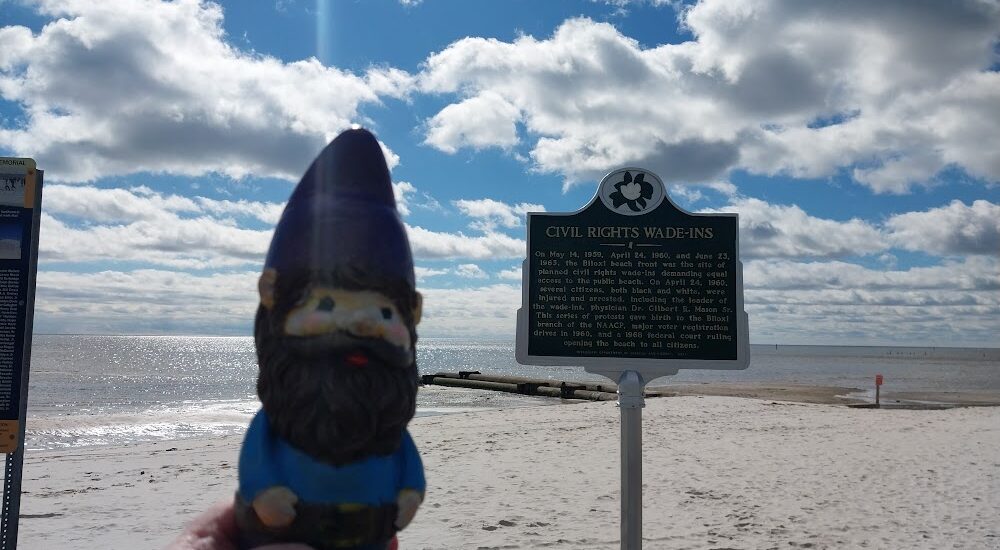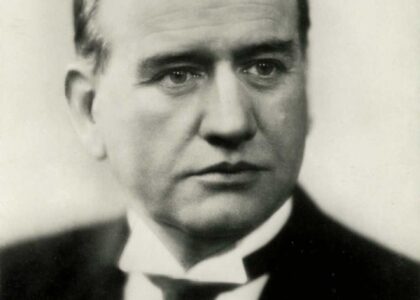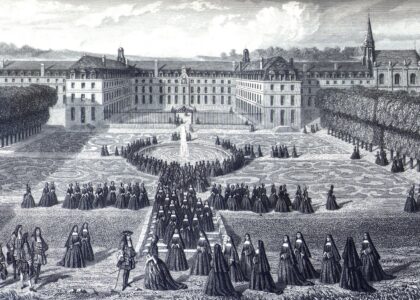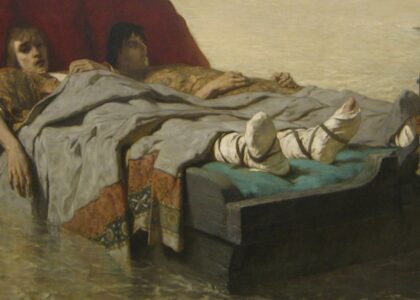Welcome to the Biloxi Wade-In, a site of profound historical significance in the civil rights movement. Located in Biloxi, Mississippi, this location marks a pivotal chapter in the struggle for racial equality in the United States. The Biloxi wade-ins were a series of protests initiated by local African Americans between 1959 and 1963. These protests were led by Dr. Gilbert R. Mason, Sr., a courageous local physician, who championed the cause to desegregate the 26 miles of beaches along the Mississippi Gulf Coast.
The beaches, originally built by the Army Corps of Engineers with taxpayer funds in 1953, were claimed as private property by adjacent homeowners. This claim was contested by Dr. Mason and his fellow activists, who believed these public resources should be accessible to everyone, regardless of race. The first wade-in took place on May 14, 1959, when Dr. Mason and friends attempted to enjoy the beach, only to be ordered off by police under the assertion that ‘Negroes don’t come to the sand beach.’ This incident marked the beginning of a series of demonstrations that would gain national attention.
On April 24, 1960, a more significant wade-in was met with violence, as white mobs attacked black beachgoers while police largely stood by. Despite the violence, this event spurred the African American community in Biloxi to form a local chapter of the NAACP and launch extensive voter registration drives. By 1967, the federal court ruled in favor of the black residents, declaring the beaches public and accessible to all.
Dr. Gilbert R. Mason, Sr. became a notable figure in the civil rights movement, not only for his leadership during the wade-ins but also for his continued advocacy for equality. His efforts were part of a larger struggle that contributed to desegregation and the passage of civil rights legislation.
As you stand here, imagine the courage it took for those individuals to challenge the status quo and fight for their right to enjoy a simple day at the beach. The Biloxi Wade-In is not just a reminder of past struggles but a celebration of the progress that has been made and the ongoing journey toward equality.





